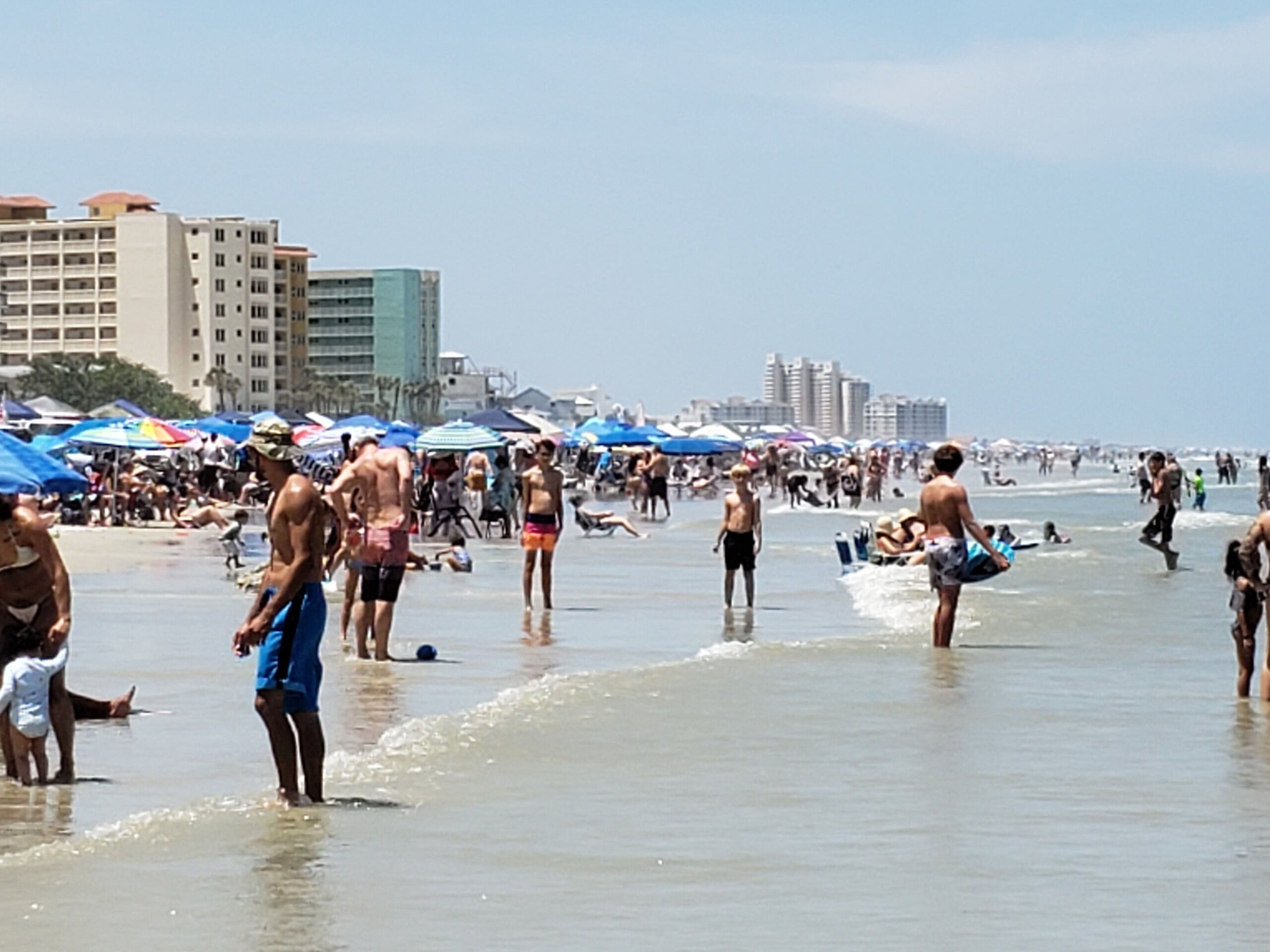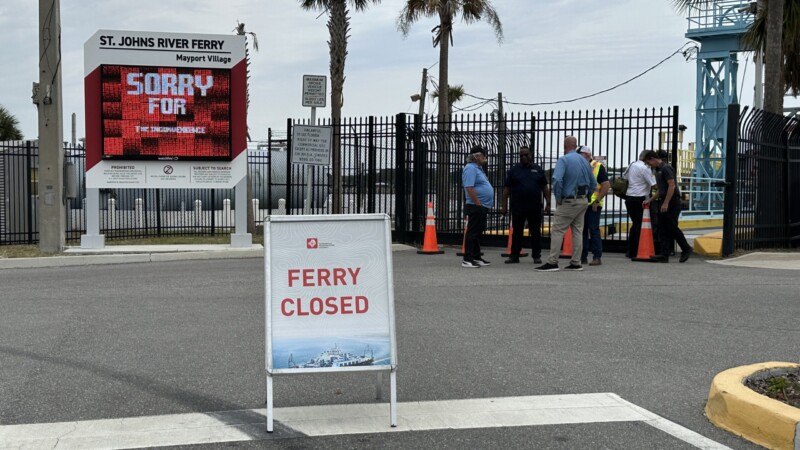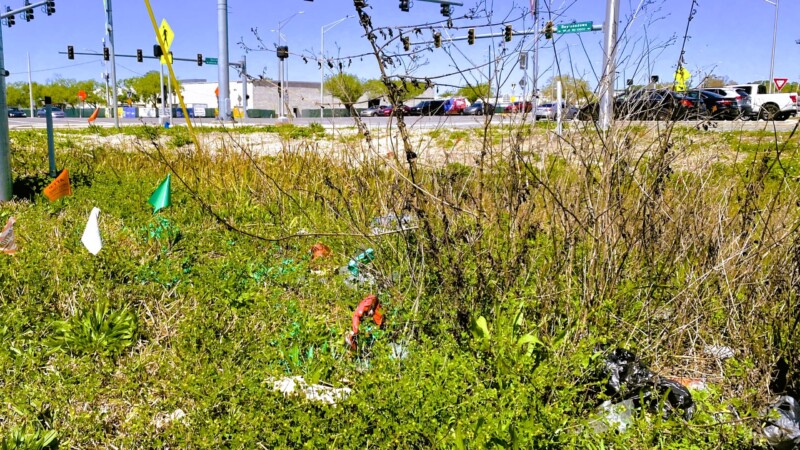Health experts are urging caution as people dip into Florida waters this weekend after reports of 31 cases of humans contracting flesh-eating bacteria in coastal waters this year, according to the Florida Department of Health. Six patients died.
The bacteria known as Vibrio vulnificus is endemic to Florida’s brackish waters and has lived there for many years. The bacteria can cause skin tissue to deteriorate, but infection is rare in humans.
Still, experts like Salvador Almagro Moreno, an associate professor of medicine at the University of Central Florida, are concerned about more infections this year due to the bacteria’s liking for warm water. This summer, Florida’s waters have been historically warm.
“The waters are close to being the temperature that we use in the lab to incubate the material to make it happy. So we put out 37 degrees (Celcius) so they can grow fast and we can study it in the lab. Now we’re seeing some temperatures like 32 degrees in the water,” he said. “So if you give them food and water in warm temperatures they grow. That’s it. It’s simple, right? That’s their mathematics. That’s how they exist.”

This year’s case total seems to be ahead of 2021’s totals: 34 cases and 10 deaths. Moreno is concerned that the warm waters may be fueling that.
However, cases are low compared to last year, but 2022 was an outlier year because of Hurricane Ian which acted as a mode of transmission bringing flood waters with the bacteria into contact with more people. The storm pushed the total to 74 infections, with 17 deaths. Most infections (28) took place in Lee County, where Ian made landfall.
“So we’ll see if there’s a correlation this summer between heat and (infections) but definitely there was a very strong one with the hurricane. And last year, there were so many cases, and that was because of the transmission, right? People came in contact with the bacteria,” he said.
Moreno says most of the population is not susceptible to infection. But there are trends in those who do get infected. Those with chronic liver disease, kidney disease or who are immunocompromised should be careful around the coast if they also have an open wound — a way for the bacteria to enter the body.
“I think what is most critical is that there should not be this outcry or this paranoia, right? It’s a very serious disease, but it’s a very rare disease,” Moreno said.
9(MDEwNzczMDA2MDEzNTg3ODA1MTAzZjYxNg004))






